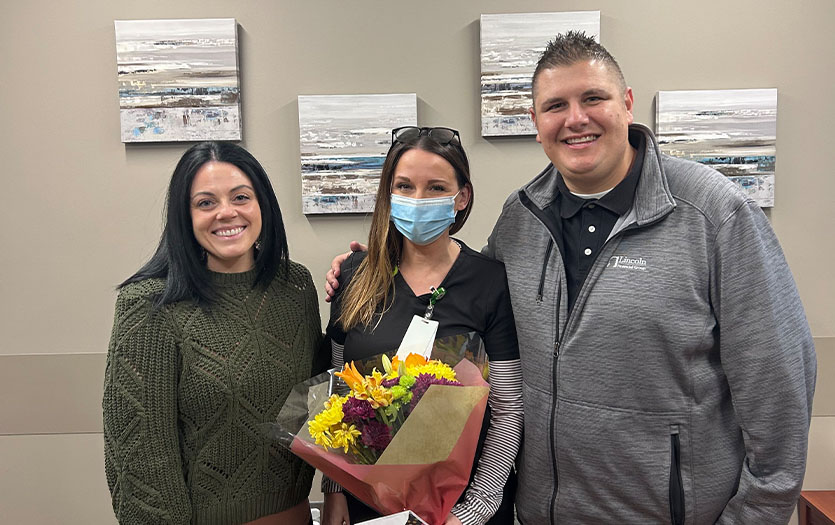
This post was written by Sharon David, MD, PPG – Physical Medicine and Rehabilitation.
Lights, camera, action! What comes next? Well, for Bruce Willis, some time away from the big screen. The legendary actor has decided to walk away from Hollywood after sharing that he is experiencing aphasia.
Defining aphasia
Aphasia is defined as the inability to produce or understand language. Aphasia can be caused by different neurologic conditions. Strokes are one of the most common causes. Bruce Willis and his family have not identified what caused the aphasia in his case.
It’s important to note that there are different types of aphasias. The two most recognized forms of aphasia are Broca’s or Wernicke’s aphasia.
Broca’s aphasia is the inability to produce language or words.
Wernicke’s aphasia is the inability to understand language or words.
Some patients can have a combination of the two. And it may not just be a problem producing or understanding spoken language, it could also be a challenge with written language. Therefore, patients may have trouble understanding what they read or writing down what they want to convey.
Diagnosing aphasia
If a patient has a difficulty producing or understanding language, the first step is to get a scan of the brain, either through a CT scan or an MRI. This is to look at the structure of the brain. Is there a stroke, is there a mass in the brain or something else? Some conditions may cause a temporary aphasia, such as mini stroke, also known as a transient ischemic attack (TIA) or a seizure. If your doctor suspects a seizure, they may perform an electroencephalogram (EEG).
Treating aphasia
Treatment for aphasia is in part determined by the cause of the aphasia and treating that cause. After that, treatment requires speech therapy. Speech therapists will first assess what type of aphasia a patient is experiencing. For example, if it is a problem with understanding or producing spoken or written language, as is often the case with Broca’s aphasia, the next step would require the patient to perform different exercises such as practicing saying different words or making different sounds.
The most important thing is working with doctors and therapists that you trust. It is a team approach to treatment. Knowing that one is not alone in coping with aphasia is the first step to success.



